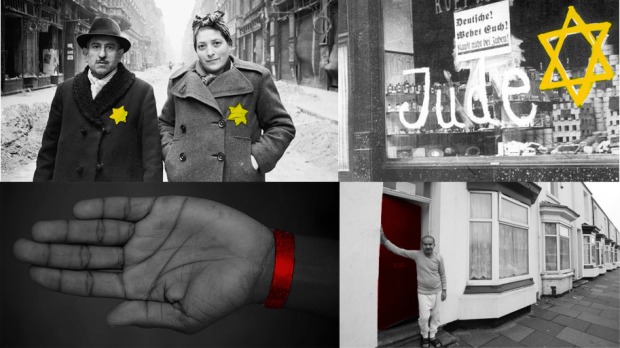Today I have been told by various people who have views for money that publicly grieving for a dead pop star is “deeply insincere” and best left to his family and that, generally, the death of a famous person is nothing to me and I’m in someway cheapening it all by having emotions.
Well, first: fuck you. Fuck you and your life that has no magnificence in it. Fuck you and your dislike of people caring for people they haven’t met. Fuck you and fuck your belief that you can judge what others are or are not feeling – while being paid by a newspaper to do that judging in public. Fuck you, columnist. Fuck you for that.
Second: pop stars are usually the first people we fall in love with. We hit our teenage years, get all angsty and spotty and think nobody will ever love us and then – BANG – someone sings a song and it speaks to your soul and you feel loved and understood and wanted and all the things you think you’re not. So you buy the albums, put up the posters, change your hair, carry yourself differently, all to be closer to the one who understands you. Yes, they don’t know you’re alive, but that doesn’t matter. You’re in love, and there is never a deeper, more exciting, more powerful love than that you feel as a teenager. Thank you, pop star. Thank you for that.
Third: you reach adulthood and along comes stress and losing jobs and sick children and governments that hate you and love affairs that don’t work out and baldness and loud young people on trains and life and all that crap. But you can escape. You can escape into music. In go the earphones and, just for half an hour, just for the length of an album, just for that 3 minute single, you’re free. You’re floating in the love you had for the pop star. You’re crying at what you lost, hopeful at what you’ll gain, you’re back in yourself, talking to the teenage you with all their hopes and fears and life. Thank you, pop star. Thank you for that.
The feelings on the death of a pop star you loved are real. The feelings of love you had for them were real. Your grieving is real. Shame on us all for not realising that. Shame on us for thinking grief was like wallpaper, something for others to judge your taste based on where you show it. Shame on those that don’t remember being a teenager. Shame on those that judge us for not being like them.
And no shame for mourning your dead pop star. They took your heart in their hands and cradled it rather than crushed it, at a time when you were all about the crushing. Of course we mourn. Of course there’s grief. Of course there should be, for music, like love, like grief, is the stuff of life.
